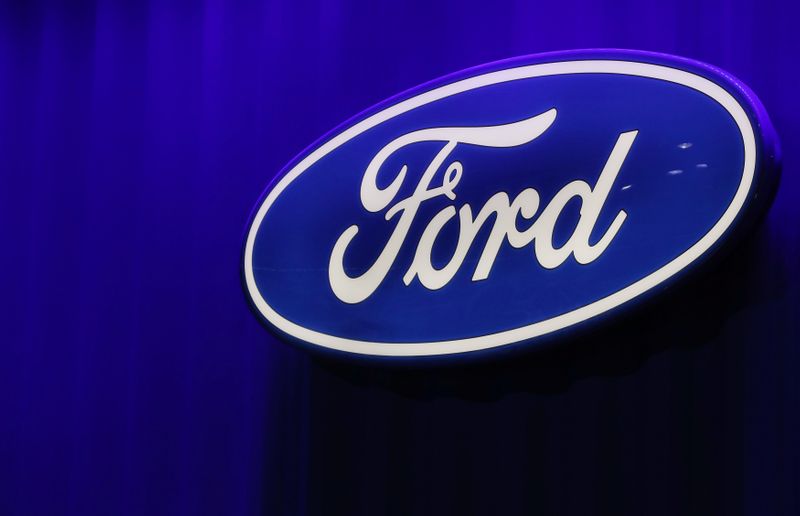This post was originally published on this site
https://i-invdn-com.akamaized.net/trkd-images/LYNXNPEG6S0NZ_L.jpg
(Reuters) – Detroit’s automakers will report results this week, highlighting the damage the coronavirus pandemic wrought on the second quarter, but investors will be focused on what they say about current demand as infection rates spike in key truck markets like Texas and COVID-19’s ongoing impact on the U.S. economy.
To slow the outbreak’s spread, North American production was shut down for much of the second quarter at General Motors Co (N:GM), Ford Motor Co (N:F) and Fiat Chrysler Automobiles NV (FCA) (MI:FCHA) (N:FCAU). It only restarted in mid-May.
Although sales fell 34% at GM, which reports earnings on Wednesday, 33% at Ford and 39% at FCA, the automakers said demand was improving toward the end of the second quarter and touted the resilience of the U.S. consumer.
High-margin pickup trucks remained a bright spot for Detroit’s automakers during the quarter, putting pressure on them to replenish supplies fast.
While investors want to know how much cash Detroit’s automakers burned through during the second-quarter shutdown, all eyes will be on what comes next – as the coronavirus pandemic rages through states that provided a hefty chunk of their sales throughout the outbreak’s early stages.
“U.S. retail automotive sales have recovered sharply close to pre-COVID levels,” Deutsche Bank (DE:DBKGn) analysts wrote in a research note this week, “but the resurgence of COVID across the South and Southwestern parts of the country creates outlook uncertainty.”
The pandemic is also not just a health crisis, but an economic one that could continue to drag down sales.
Weekly jobless claims numbers from the Labor Department released last week showed the number of Americans filing for unemployment benefits unexpectedly rose for the first time in nearly four months, suggesting the labor market was stalling amid a resurgence in new COVID-19 cases and depressed demand.
“Unemployment is a huge factor for buying a car, as is consumer confidence,” Cox Automotive analyst Michelle Krebs said. “We think there’s a lot of risk on the horizon for the automakers and unemployment is the big concern.”
Automakers also face increased competition from used vehicles.
Americans typically become more frugal and favor used cars in uncertain times. Cars remain a vital commodity in a country where getting to work without a vehicle is impossible in all but a few large cities.
Meanwhile, sales to rental car companies, corporations and government agencies have collapsed and recovery will be slow.
Concerns also remain over the ability of Detroit’s automakers to keep plants open as the pandemic spreads.



